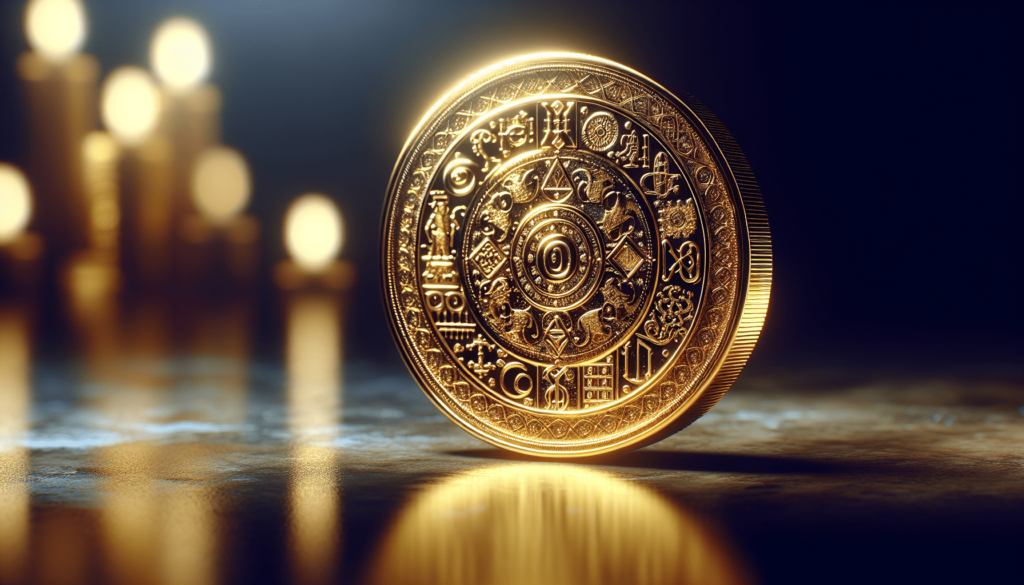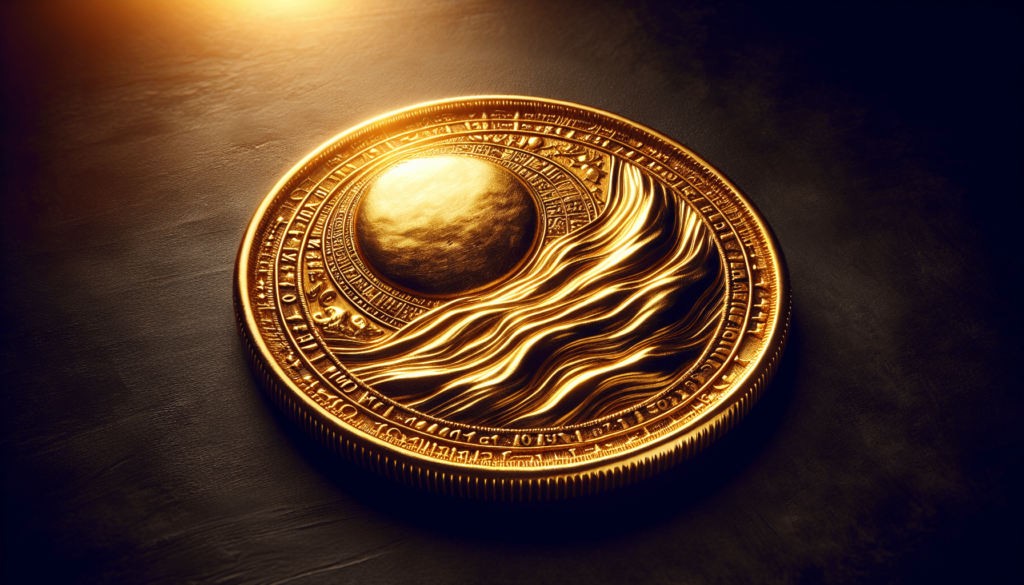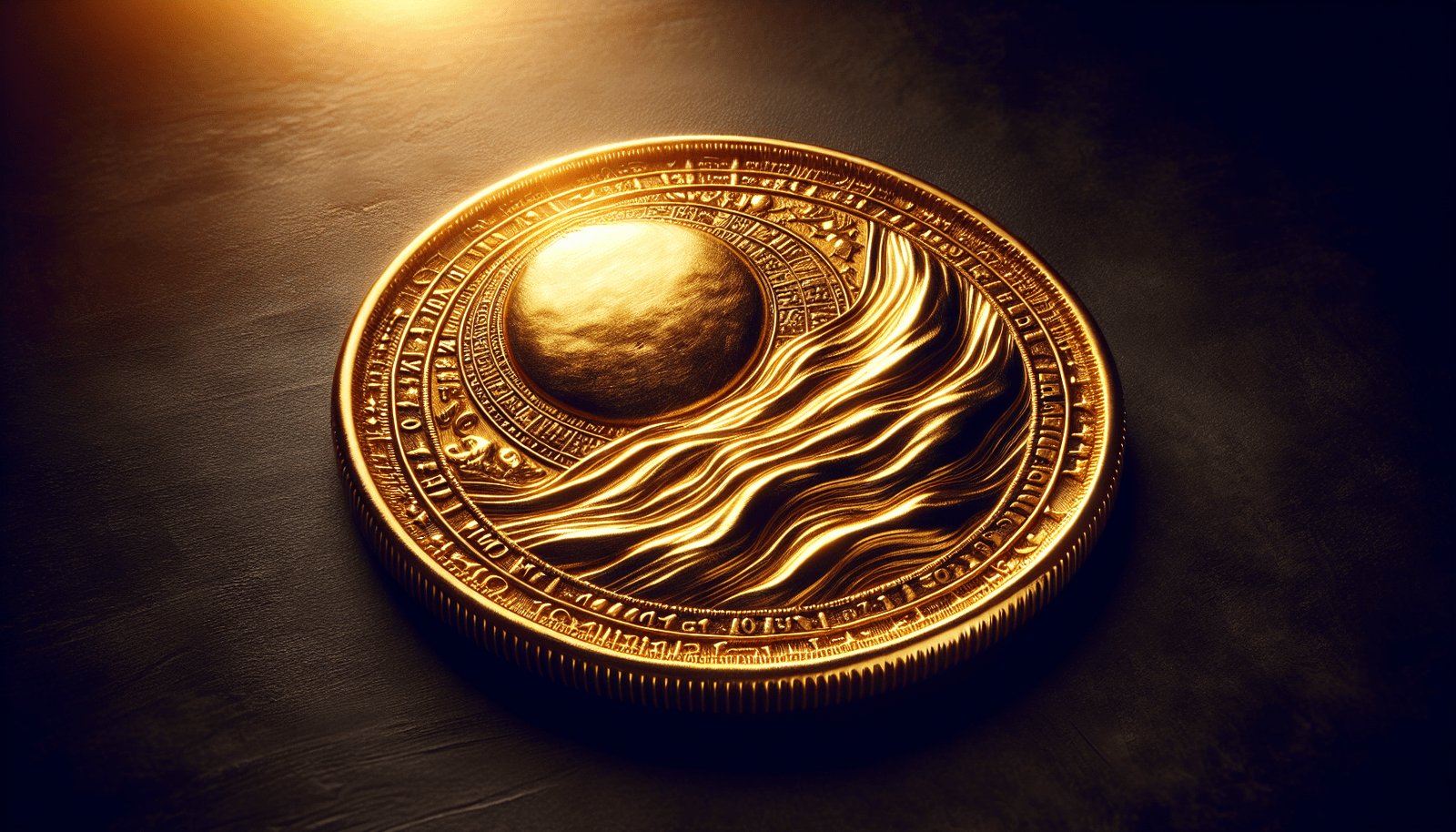A Celebration Of Gold’s Influence On World History
Have you ever stopped to think about the impact that gold has had on world history? From ancient civilizations to modern times, gold has played a significant role in shaping the course of human history. Join us as we explore the fascinating ways in which gold has influenced the world we live in today.

The Origins of Gold
Gold has been treasured by civilizations around the world for thousands of years. Its stunning beauty and rarity have made it a symbol of wealth and power since ancient times. People have been mining gold for over 6,000 years, with the first known gold jewelry dating back to around 4000 BC in what is now modern-day Eastern Europe.
Gold in Ancient Civilizations
Ancient civilizations such as the Egyptians, Greeks, and Romans all valued gold for its beauty and rarity. Gold was used to create dazzling jewelry and adornments for royalty and nobility. In fact, the Ancient Egyptians believed that gold was the flesh of the gods and used it to decorate the tombs of pharaohs and other important figures.
Gold coins were first minted by the Lydians in modern-day Turkey around 600 BC, paving the way for the use of gold as currency. Gold coins quickly became a symbol of wealth and power and were used in trade and commerce throughout the ancient world.
Gold Rushes and Exploration
The discovery of gold in the Americas in the 19th century sparked a series of gold rushes that had a profound impact on the course of world history. The California Gold Rush of 1849, for example, brought thousands of people from around the world to the American West in search of fortune. This influx of miners and settlers helped to shape the development of the United States and fueled the country’s rapid expansion.
The Influence of Gold on Exploration
The allure of gold has also played a major role in shaping exploration and colonization throughout history. European explorers such as Christopher Columbus and Hernan Cortes were motivated by the promise of finding gold in the New World. The quest for gold led to the conquest of entire civilizations and the exploitation of natural resources on a massive scale.
Gold played a significant role in the colonization of Africa, Asia, and the Americas by European powers. The search for gold drove the Age of Exploration and the establishment of global trade routes that connected distant parts of the world.
Gold as a Symbol of Power and Prestige
Throughout history, gold has been used as a symbol of power, wealth, and prestige. Kings, queens, and emperors have adorned themselves with gold jewelry and crowns to signify their status as rulers. The famous burial mask of King Tutankhamun, for example, is made entirely of gold and is a testament to the wealth and power of the Ancient Egyptian pharaohs.
Gold in Religion and Ritual
Gold has also played a central role in religion and ritual throughout history. Many religious texts and traditions refer to gold as a symbol of purity, divinity, and eternal life. The use of gold in religious artifacts, such as crosses, statues, and altars, dates back thousands of years and continues to be an important part of religious practices around the world.
In many cultures, gold is used in wedding ceremonies and other rites of passage to symbolize the importance of these events. The exchange of gold rings, for example, has become a common tradition in Western weddings as a symbol of everlasting love and commitment.
Gold as an Investment and Currency
In addition to its symbolic value, gold has also served as a practical investment and form of currency throughout history. The durability, portability, and universal acceptance of gold have made it a popular choice for storing wealth and conducting trade.
The Gold Standard
The gold standard was a system in which the value of a country’s currency was directly linked to a specific amount of gold. This system was widely used in the 19th and early 20th centuries and helped to stabilize international trade and finance. The United States, for example, operated on a gold standard from 1879 to 1933.
Although the gold standard has largely been abandoned in favor of fiat currencies, gold continues to be used as a store of value and hedge against inflation. Many investors turn to gold during times of economic uncertainty as a way to protect their assets and preserve their wealth.

Gold in Modern Times
Today, gold continues to hold a special place in our society as a symbol of luxury, elegance, and wealth. The jewelry industry, in particular, relies heavily on gold for its beauty and durability. Gold is also used in a wide range of industries, including electronics, medicine, and aerospace, due to its unique properties and conductivity.
The Gold Market
The price of gold is determined by supply and demand in the global market. Gold prices can fluctuate based on economic conditions, political instability, and changes in investor sentiment. Many investors trade gold through exchange-traded funds (ETFs) or purchase physical gold bars and coins as a way to diversify their portfolios.
Central banks around the world also hold large reserves of gold as a way to stabilize their currencies and provide a safe haven in times of crisis. Gold is considered a reliable store of value and is often referred to as “the ultimate safe haven asset” due to its long history as a form of currency and wealth preservation.
Conclusion
Gold has had a profound impact on world history and continues to be a cherished and valuable asset in our society today. From its origins in ancient civilizations to its role in shaping exploration, colonization, and trade, gold has played a central role in the development of human civilization. Whether used as a symbol of power and prestige, an investment and currency, or a practical material in various industries, gold remains a timeless and enduring element in our world.

